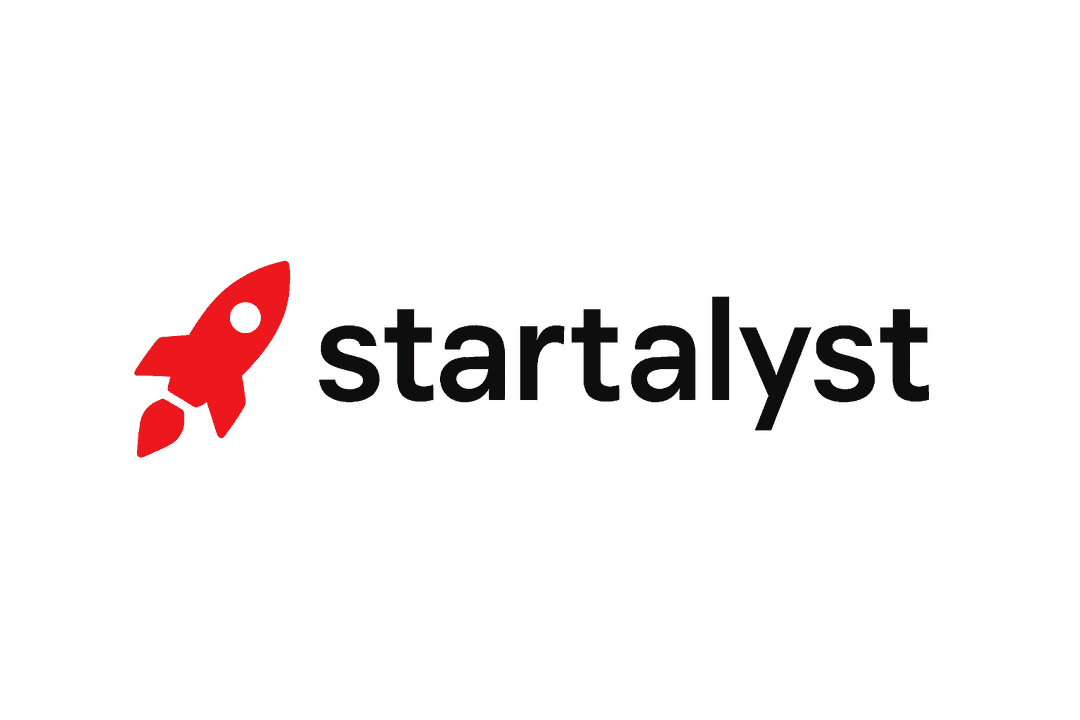Christian Business Ideas Starter Guide
How to Get the Best Results
Use this generator to match what you already do in church and ministry with realistic revenue paths that honor faith and community. Answer each step honestly: your daily rhythms, small capital amounts, and local connections matter more than a perfect idea.
Focus on one pilot offer that solves a real need for Christian groups, families, or ministries, then test it with a single church or small group before scaling. Track simple metrics like signups, repeat customers, and referrals from pastors.
Step 1 — Who are you?
Identify where you already have credibility and which practical skills you can turn into a service or product for churches and faith-driven customers.
- Sunday school teacher — teaching — You can design age‑appropriate faith curricula and sell lesson plans to churches and parents.
- Worship leader — music arranging — You can create chord charts and rehearsal guides that save volunteer teams rehearsal time.
- Small group facilitator — group coaching — You can run paid training for hosts who want their groups to go deeper in discipleship.
- Church administrator — operations — You can offer bookkeeping, volunteer scheduling, and event logistics to smaller congregations.
- Christian counselor — listening — You can package faith‑integrated coaching sessions and workshops for couples and families.
- Missions coordinator — project management — You can coordinate small mission trips, handling permits, fundraising, and local partnerships.
- Christian blogger — writing — You can monetize devotionals, email series, and downloadable guides for faith communities.
- Hospitality host in a church network — hospitality — You can create paid retreat experiences or weekend guest lodging for groups.
Step 2 — Add interests & skills
Pick the interests and skills that energize you; those will keep you consistent when the work shifts from calling to business.
- biblical study and you can lead paid topical Bible studies or create printable study guides for small groups.
- youth ministry and you can develop curricula and event kits tailored to teenagers in local churches.
- event planning and you can manage church fundraisers and community outreach events for a fee.
- graphic design and you can produce sermon series art, social media graphics, and printed materials for congregations.
- public speaking and you can offer keynote talks or training sessions at conferences and retreats.
- podcasting and you can launch a faith podcast with sponsorships or premium episodes for supporters.
- yoga or wellness and you can run faith‑centered wellness classes that integrate Scripture and gentle movement.
- fundraising and you can coach churches on donor cultivation and create simple online giving funnels.
- social media and you can manage church pages, curate devotional content, and grow engagement strategies.
- merchandise design and you can sell devotionals, apparel, and small gifts that reflect local church identity.
- counseling skills and you can host paid grief or parenting workshops with a faith perspective.
- teaching online and you can create short video courses on Christian topics for lay leaders and volunteers.
- translation or multilingual skills and you can provide bilingual resources and worship materials for diverse congregations.
- legal or nonprofit knowledge and you can help church startups with basic compliance and governance documents.
Step 3 — Set available capital
Be realistic about what you can invest up front and choose options that match both budget and the pace you want to grow.
- ≤$200 You can start with digital products like downloadable study guides, one‑off workshops, or social media management for a single small church.
- $200–$1000 You can invest in a basic website, simple ad tests, printed materials for retreats, or a starter podcast setup to reach multiple congregations.
- $1000+ You can book larger venues, hire a contractor for a professional course, or produce a small retreat series with lodging and catered meals.
Step 4 — Choose weekly hours
Decide how much time you can reliably give each week so the plan will fit your ministry rhythm and not burn out your volunteer base.
- 5–10 hours You can run a side offering like monthly workshops, curate weekly devotionals, or maintain social media for one congregation.
- 10–20 hours You can coach several leaders, create a multi‑module online course, or manage recurring events and trainings.
- 20+ hours You can scale into a full‑service agency for churches, operate regular retreats, or run a staffed nonprofit initiative.
Interpreting your results
- Match your strongest background and the smallest viable capital tier to a low‑risk pilot first. For example, combine teaching skill and a ≤$200 budget to launch a downloadable Bible study and market it to your local church network.
- Prioritize offers that leverage church calendars like Lent, Advent, and back‑to‑school, because those windows naturally increase demand for christian business ideas and faith resources.
- Use your weekly hours to set one measurable outcome, such as five paid signups or three churches onboarded in the first quarter, and iterate based on feedback from actual leaders and volunteers.
- Protect your time by packaging services into clear deliverables, such as a three‑session workshop or a ten‑lesson course, so churches know what to expect and you can reuse materials.
- Don't overlook partnerships with other Christian business owners or ministry leaders who can refer clients, co‑host events, or share venue costs to reduce upfront capital.
Use the generator above to combine your profile from each step into concrete christian business ideas and a small test plan you can run in the next 30 days.
